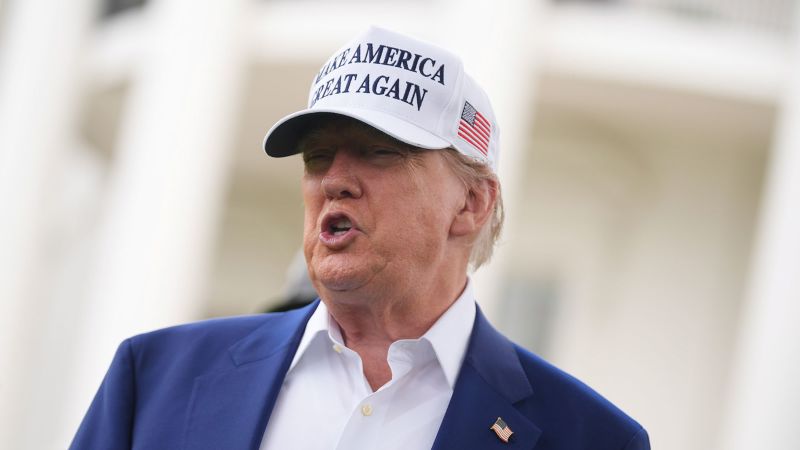A pivotal legal development has unfolded involving President Donald Trump and the California National Guard. The 9th U.S. Circuit Court of Appeals recently delivered a ruling that allows President Trump to maintain authority over approximately 4,000 members of the California National Guard, who were federalized to enhance security in Los Angeles amidst heightened tensions surrounding immigration enforcement. This decision has ignited significant discussions on the scope of presidential powers and state-federal relations.
The backdrop for this legal battle involves prior actions taken by Trump earlier this month when he invoked federal law to federalize the guardsmen in response to unrest in the Golden State. A lower-court ruling from U.S. District Judge Charles Breyer had initially mandated that Trump must relinquish control over these troops, asserting that the president had contravened legal protocols that necessitate an order “through the governor” before federalizing state troops. Judge Breyer’s conclusion indicated that several key legal provisions had been overlooked by the federal administration, necessitating immediate rectification of this overreach of executive authority.
However, the appellate court’s unsigned ruling indicated its substantial support for Trump’s actions. The court suggested that the president likely exercised his statutory authority correctly when federalizing the guardsmen, dismissing arguments from California’s Democratic Governor, Gavin Newsom, who contended that Trump had illegitimately seized control of the state militia. The judges noted that their review of the president’s decisions would have to be conducted under a standard of “high deference,” which recognizes the president’s prerogative as the commander in chief.
Two judges appointed by Trump and one appointed by former President Joe Biden made up the panel that issued the ruling. Trump’s legal team presented evidence that the unrest in California posed sufficient risks to justify invoking the rationale provided in Title 10 U.S.C. § 12406, which enables the federalization of troops when local authorities are unable to enforce federal laws effectively. The court found merit in this position, pointing out that incidents targeting federal properties and agents in California had substantially obstructed law enforcement’s ability to carry out their duties.
Furthermore, the appeals court dealt with a significant argument presented by California concerning procedural compliance when federalizing National Guard units. The state argued extensively that Trump had skirted procedural norms by failing to coordinate through Governor Newsom. Nevertheless, the court concluded that the proper protocols were observed since the actions directed to California’s top general sufficiently met the required procedural standards, thereby legitimizing Trump’s call-up of the troops.
Last week’s contentious environment in Los Angeles has significantly stabilized since the commencement of the legal conflicts over the federalization of the troops sparked by a weekend of unrest. The situation’s moderation underlines the complexities as legal and political dimensions intermingle in the current discourse surrounding presidential authority and state governance.
In response to the ruling, President Trump celebrated the decision on his Truth Social account, framing it as a “BIG WIN” for his administration. He emphasized that the ruling underscores the executive office’s responsibility to ensure the protection of American cities and citizens in scenarios where local law enforcement may face challenges.
As the legal storm continues, further scrutiny over how Trump plans to deploy the National Guardsmen in Los Angeles looms, with a hearing scheduled by Judge Breyer for Friday afternoon aimed at evaluating the administration’s operational strategies and compliance with judicial expectations.
This ongoing saga illustrates the continued tension between state sovereignty and federal oversight, thrusting into the spotlight the implications of executive decisions in times of civil unrest and the legal frameworks designed to navigate such episodes. The ultimate resolution of this matter will not only impact the immediate operational authority of the National Guard in California but could also set a new precedent for similar situations across the United States in the future.



